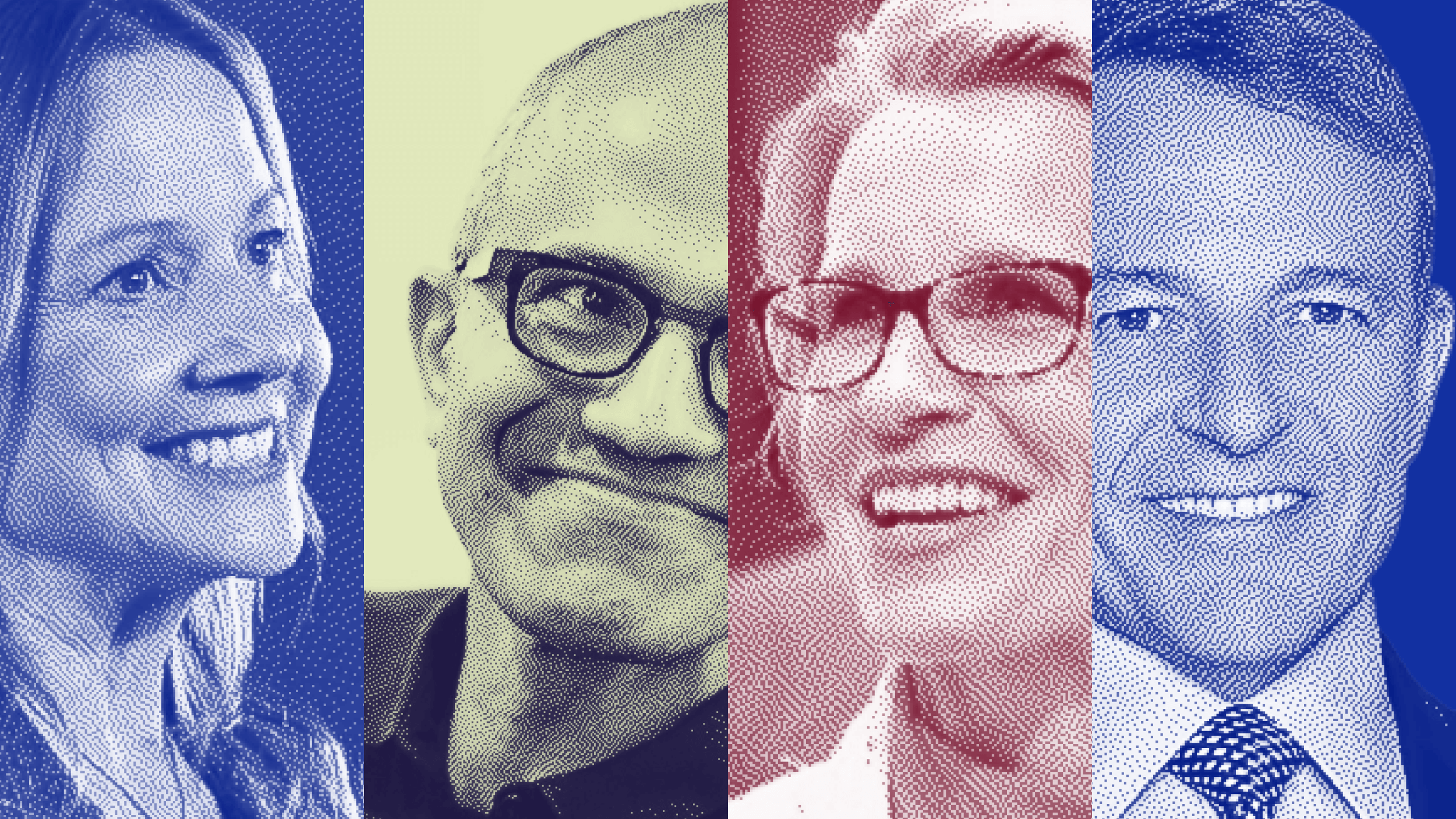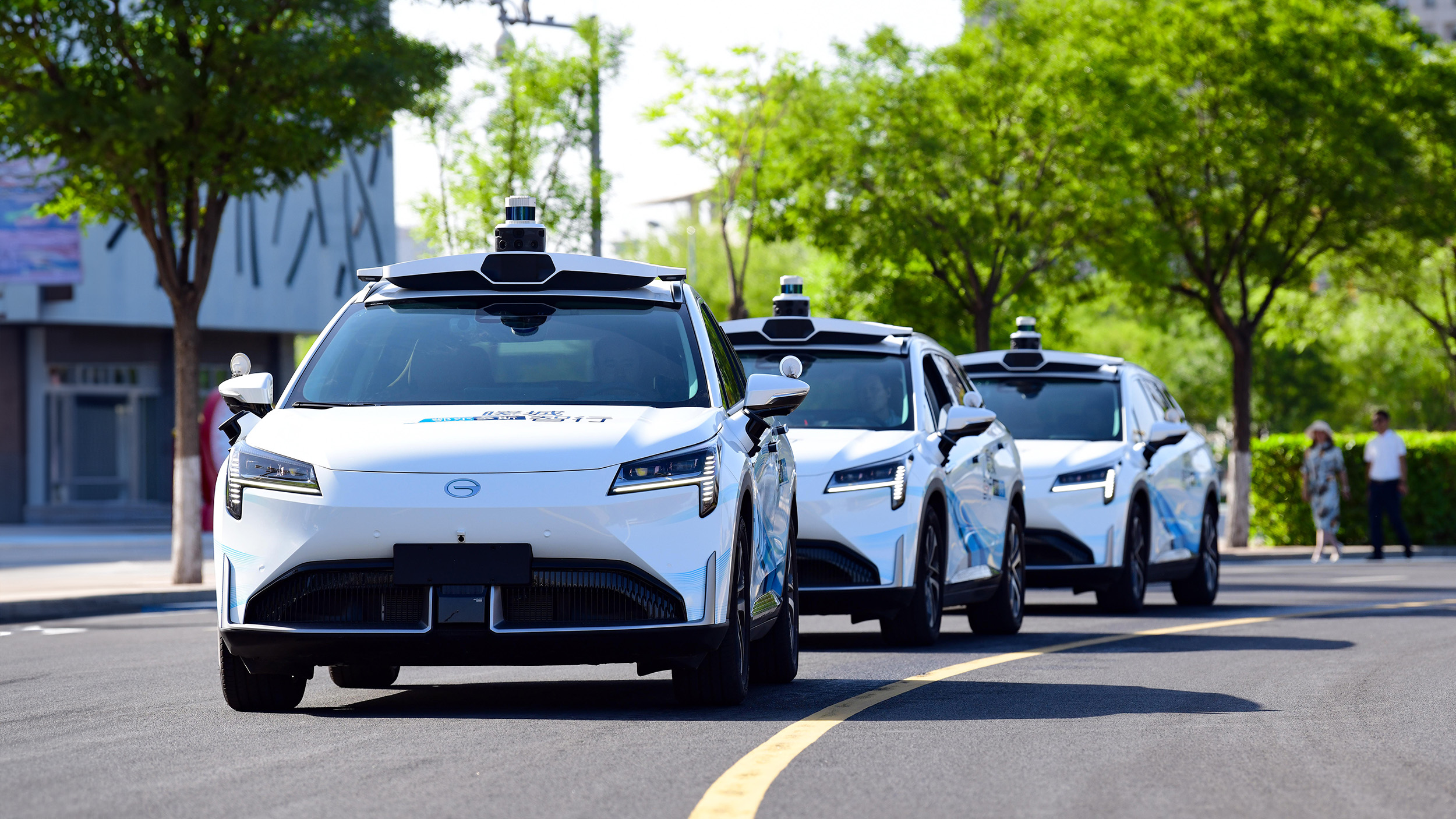As China made clear during Obama’s visit, the country has caught up to the West in a big way. But is it ready to take on the role of a global leader? A Bureau Chief from the Economist explains how China is adapting to its rise, both in terms of philanthropy and the broader world economy.
Question: How is philanthropy evolving in China?
Matthew Bishop: So China has embraced capitalism, but has done it in a very authoritarian way where the government is very much still in control of the system. And that has made it, I think, quite hard for philanthropy to get started because people are making a lot of money, but they don’t want to be too visible about the fact that they’ve got money because it seems to call into question the whole system. But what’s happened recently is that they are looking, some of the wealthy Chinese, are looking at their society and they are saying there are huge social problems, terrible environmental problems, terrible problems of poverty, of water shortage and so forth, and the government is clearly struggling to solve those problems on its own. They are looking at people like Bill Gates and saying, well that’s a good role model for us. We think that’s what it means to be a successful wealthy person now. We want to be like the best American business people, but also we see our own society and we see there is a need to solve a lot of problems. And I think the government is now open to encouraging that because it sees that as a good role model, they want a harmonious society and so when they see the rich give back, that’s a good thing. And they are also aware that they can’t solve these problems on their own and they need to engage the business community in that.
And so, when there was an earthquake, a huge earthquake that killed a lot of people last year, that was the first moment where you saw a lot of the new rich in China actually come out and start giving substantial amounts of money. And that, I think, was when the government for the first time gave its official nod of approval towards that phenomena. And you are seeing people like Jet Li, the movie star, create a popular culture of giving; so with a million Chinese now giving – he has this slogan of one-one per month is the ideal. And they are going by the Internet and the mobile phones. And they you also have this culture of Western companies that want to do business in China being expected to give back in the communities where they are working. Particularly there is a lot work going on with HIV Aids where international companies have come in and done work in that field. Interestingly, talking to Jet Li, one of the issues he’s hoping to solve through his foundation is that when you are a western company and you are asked to do something socially good in China, you have to partner with a local organization, a non-profit or something. And they are quite often, you have no idea whether you are actually working with a good organization or with a crook who just wants to take your money and do whatever with it. And he’s hoping that he’s going to create a real marketplace with genuine feedback so that you know, as a western company that you are doing business with a bona fide non-profit that is actually serious about solving problems. And so, I think we are going to see in China, over the next five years, this extraordinary takeoff of philanthrocapitalism as you get business philanthropy and non-profits and the government all working together to solve these huge problems that China faces.
Question: How has China adapted to being an economic superpower?
Matthew Bishop: So, China I think has been doing a lot of catching up so far. They had all these years where it was state dominated, communistic, and after Tiananmen Square, the Government said, we have to embrace economic growth, which means we have to embrace capitalism; otherwise, the whole system is going to crumble. And so, they were catching up by copying the successful practices of the West and basically doing it much cheaper. So they were undercutting us by using very cheap labor. Now, there’s a real question about how do that go beyond that because they’ve actually probably achieved much of what they can do by simply copying and doing it cheaper. They’re labor markets are actually quite expensive relative to many other emerging countries now, so they are losing out to them. So, they’ve got to become innovative and that’s what is so interesting about someone like Jack Marr at Alibaba, he has these extraordinary events. Alibaba is ten years old, they had an event he other week where they had 27,000 people in a stadium all of whom were what Jack Marr calls netropreneurs which are sort of people who are running a small business and they are basically doing e-commerce via his website. And he’s actually talking about now not B to C, business to consumer, but C to B, consumer to business where you’re creating a whole industry around the customer actually telling the firm what it wants. What the customer wants and actually leading to a really high level of customization I don’t even think you are seeing in the west in terms of the products that are produced. So, this is the real challenge for China kind of go from being a follower in terms of innovation to being a leader. And I think there is every reason to think the talent and the energy that they have there, and the awareness that they need to just keep growing as fast as they can and at the same time deal with the social problems they face is going to mean they will probably a leader in things like green energy. But they have to solve these problems and that’s actually going to make them very, very innovative over the next few years.
Question: How will the U.S. think of India and China in five years?
Matthew Bishop: Well, I think the U.S. has a schizophrenic view to the growth that is happening in developing countries like India and China. India and China both taking jobs from America, in a way, and so that seems very threatening. On the other hand, there is an awareness that China in particular is providing most of the money that America is using to spend and enjoy a high quality of life, so a lot of Treasury Bonds are bought by the Chinese. And there is an underlying recognition that when countries like India and China come out of poverty, the world as a whole gets wealthier, which means we all win. It’s a win-win situation. And so the next five years are going to be about adjusting to a world where America is not the dominant economy anymore, but is still a very important economy and it has to find a more satisfactory relationship with these emerging economies and that’s going to mean a bit of give and a bit of take on both sides. But I think there will ultimately a better relationship between America and China and India because it will become a more equal relationship and I think gradually the public will understand in America that its not a threat fundamentally, that America, if it sorts out its own domestic issues which are largely about retraining the labor force so that people can do jobs that aren’t done more cheaply overseas, this will be a very much a win-win.
Question: Will the next five years bring more economic opportunity in the East?
Matthew Bishop: Well China and India, I think, have a lot of opportunities because they’re still very many people who aren’t in the mainstream labor market. India in particular has a very young population that is getting educated fast, but their education system still has a long way to go before it is as good as it could be. China, there is still a lot of brain power, a lot of engineers there and this is still a period of human history where there is a great deal of potential for innovation and so, I think there are great opportunities there. The issue is that labor markets are becoming globally integrated which means that the price of Chinese labor and of Indian labor is increasingly moving up to global levels and therefore, unless they are actually adding real value relative to what you could do in America, there’s not going to be just simply a matter of cost cutting, it’s going to be about figuring out a way that they do things better.
Recorded on: September 24, 2009





